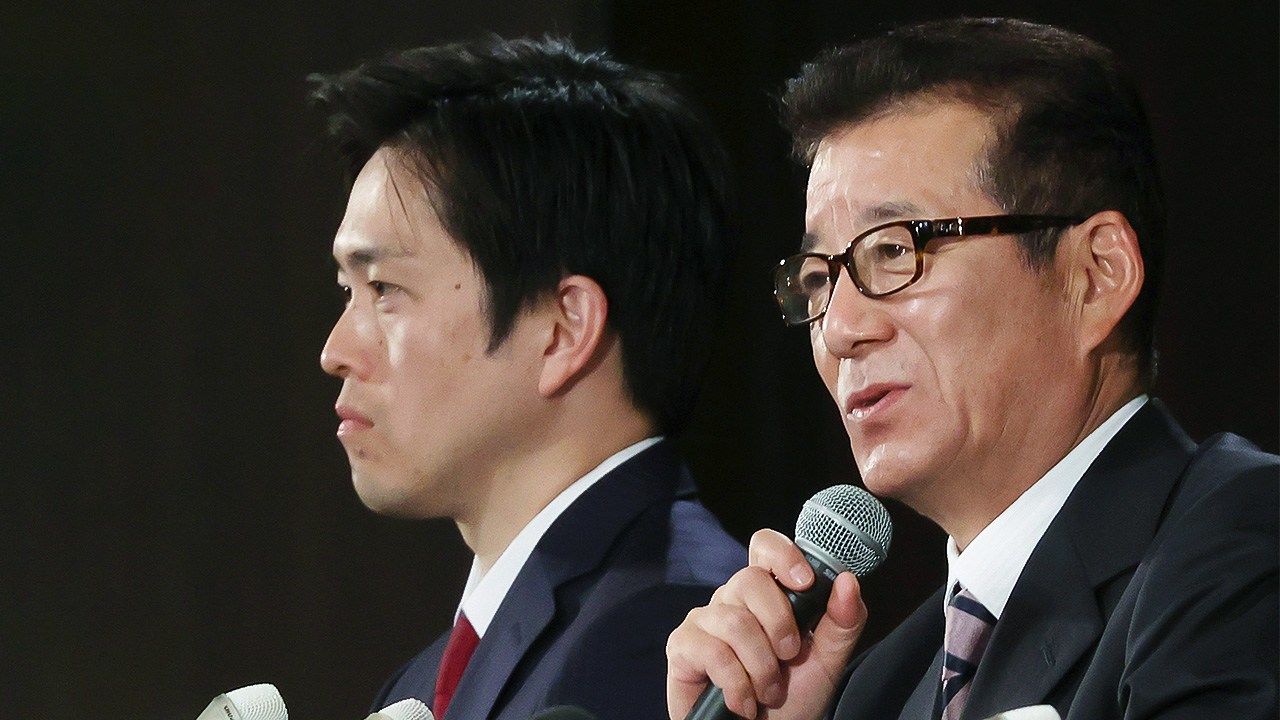
An Osaka Proposal Falls Short Again
1. On November 1, residents of the city of Osaka cast their ballots for the second time in five years on a referendum asking whether to abolish the city and merge its 24 wards into 4 as part of a metropolitan district to replace Osaka Prefecture. The result—50.6% opposed to the measure, with a voter turnout of 62.4%—was virtually identical to the narrow defeat of the proposal in 2015, when 50.4% were opposed on a turnout of 66.8%.
2. The defeat raises some existential questions about the future of Nippon Ishin no Kai (the Japan Innovation Party), the Osaka-based party behind this plan. Despite Ishin’s persistent efforts to convince residents of the plan’s merits over the past decade, the party’s flagship policy has reached the end of the road.
3. Acting leader of Ishin’s regional party in Osaka, Osaka Governor Yoshimura Hirofumi, firmly promised that he will not attempt this merger plan a third time. And Ishin’s national party leader, Osaka Mayor Matsui Ichirō, announced that he will take responsibility for the result by retiring from politics at the end of his term in April 2023.
4. The referendum’s rejection reflected a number of factors. Exit polls suggest that a little less than half of Kōmeitō supporters backed the plan, despite the party leadership reversing its earlier position to back the merger. This was unexpected, as Kōmeitō supporters are generally seen as disciplined in following the lead of party headquarters.
5. But perhaps most vital to the outcome was a large number of Osaka residents supporting Ishin and its leadership, but still skeptical of its merger plan. In NHK exit polls on the referendum day, 73% of Osaka residents said they were satisfied with Ishin’s administrative governance in both the city and prefecture
6. But compared to 2015, those who said they support Ishin were not unanimous in backing the merger, with some 10% opposed to it. Various earlier polls point to high levels of support for Governor Yoshimura and especially his recent handling of the pandemic. And yet voters rejected the party’s central policy proposal. In effect, Ishin had become a victim of its earlier successes.
Discussion
1. Would you agree this Osaka Metropolis plan?



